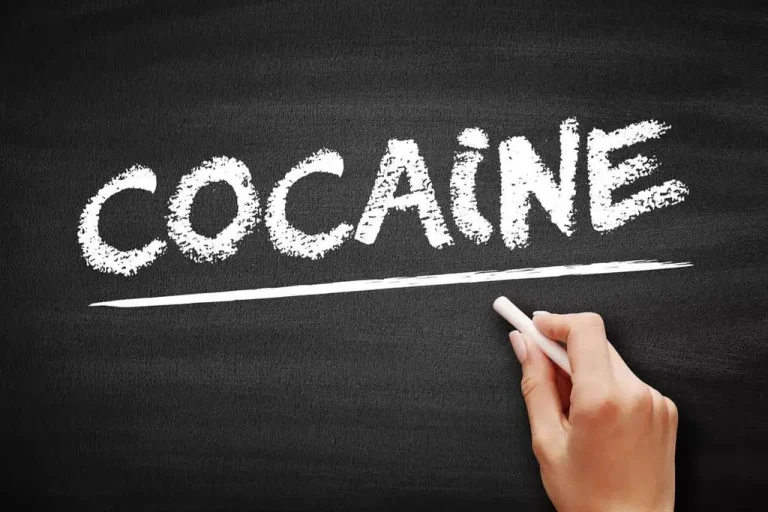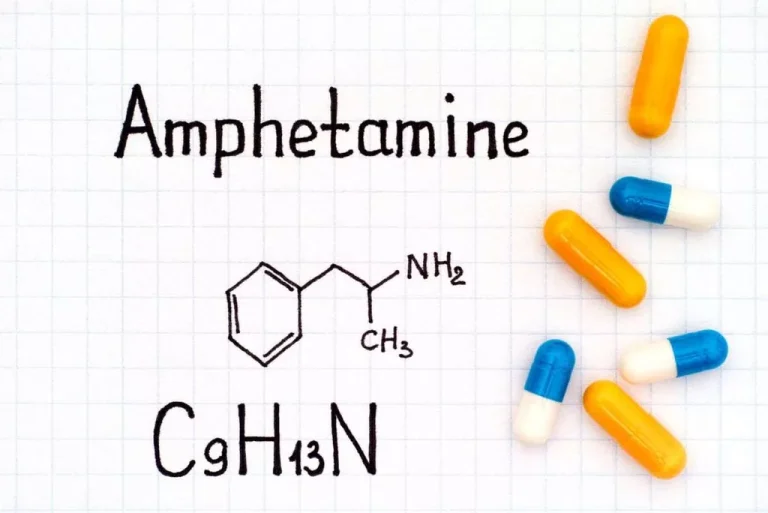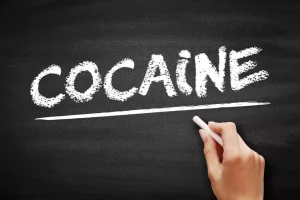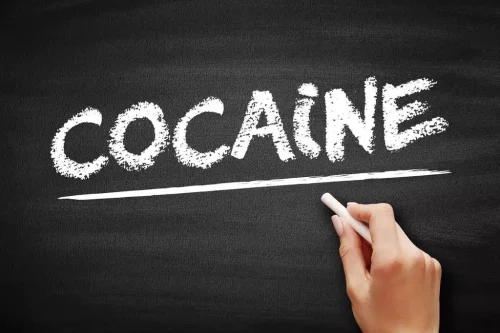
For example, if you abandon important roles and responsibilities as a result of alcohol and relationships alcohol misuse, family members are left to pick up the slack and take on extra household, childcare, and financial responsibilities as a result. The impact of alcohol on relationships is widespread and can affect every single relationship a person is a part of. From intimacy problems and lack of emotional availability to the financial burden and negative effects on children, alcohol use disorder can affect partners, their children and other family members. Aside from the immediate influence on appetite that comes from alcohol consumption, there are also effects on energy storage.

Alcohol and romantic relationships
Interventions, when conducted in a supportive and caring manner, can be a powerful tool in addressing alcohol abuse. Involve trusted family members or friends Sobriety to facilitate a structured conversation that encourages the person struggling with alcohol abuse to seek help and make positive changes. Regardless of whether the person is high-functioning, alcohol addiction is a severe disease. Getting professional help is the best way to combat addiction’s mental, emotional, physical and social problems. In addition to self-care, partners of those affected by alcohol addiction can intervene by helping them find rehabilitation services.

#1 You’re Lying About Your Drinking

Sometimes, we have questions or concerns about our relationship with alcohol, but we’re not sure where to turn for answers or if a problem even exists. Designed as a quick, at-home assessment, a quiz can help you evaluate if drinking is getting in the way of your happiness or other aspects of your life. Being mindful of this relationship requires honesty and courage about how alcohol impacts your health, relationships, work, and other social obligations.

Is alcoholism a deal breaker in a relationship?
- When your partner struggles with an alcohol use disorder (AUD), it impacts the entire family unit as well as the day-to-day functioning of the household.
- If the person struggling with addiction is in denial or resistant to treatment, a planned intervention may be beneficial.
- Physical benefits such as improved sleep, better-looking skin, and a healthier weight are some of the first changes you may notice.
- Establish limits around alcohol consumption, behavior, and the impact it has on the relationship.
Addiction can bring legal challenges, with the individual potentially facing charges related to substance use or related behaviors. These legal issues often come with hefty fees, fines, bail costs, and attorney expenses, placing an additional financial strain on families already under pressure. Depression can affect motivation, energy levels, and overall quality of life, making it challenging to handle everyday responsibilities. This sense of hopelessness can make family members feel isolated, as if they have no escape from the pain addiction has brought into their lives. Managing your drinking and getting the right support are really important for your mental health.
- Children and young adults in families with substance abuse are at a higher risk of developing substance use issues themselves.
- If you’re concerned about your partner’s drinking, there are many resources that can help you take a meaningful step towards change.
- If unpacking all of this on your own is causing excess stress or anxiety, consider asking an expert for help.
- People with alcohol addiction often become secretive over time to hide their dependence out of fear, shame or guilt.
- For many people, alcohol can seem like a harmless way to relax, but it can seriously damage personal relationships.
- Additionally, missed work due to hangovers or job loss from alcohol-related issues can strain a family’s financial resources.
- Many people drink more to avoid these feelings, leading to an unhealthy cycle that affects both partners.
- Recognizing these effects and providing support through counseling, therapy, and positive role models can make a vital difference in helping them develop resilience and healthy coping skills.
- The foundation of healthy relationships is trust, but alcoholism can compromise trust when individuals struggle to be truthful or refuse to take responsibility for their actions.
- This may cause the partner to experience emotions of neglect as well as dissatisfaction.
- In addition to physical violence, substance abuse often leads to emotional and psychological abuse.
Keeping a distance will also prevent your loved one from influencing you to allow the addiction to continue or crossing boundaries. Alternatively, you can email us at and we will help you find the treatment you or your loved ones need. Focus on reducing alcohol use and improving communication to rebuild trust and manage responsibilities effectively. When under the influence, you may say =https://ecosoberhouse.com/ things you don’t mean or fail to understand your partner’s perspective.
Decreased emotional intimacy
- A person struggling with alcoholism may withdraw emotionally, become less interested in spending time with their partner, and be unwilling to offer emotional support.
- Alcohol’s ability to lower inhibitions and impair judgment are known to contribute to the possibility of a person cheating on their partner (4).
Doctors may advise a person with vertigo against drinking alcohol, as it may cause dehydration, which can lead to dizziness. Addiction affects the entire family, so finding support for everyone involved is important. Family counseling or support groups, like Al-Anon or Nar-Anon, provide a safe space for family members to share their experiences, process emotions, and gain coping strategies.

The Role of Family and Friends In Addiction Recovery
This intergenerational trauma can perpetuate a legacy of addiction, violence, and mental health issues, as children may normalize these behaviors and struggle to develop healthy relationship dynamics. Children are especially vulnerable in families affected by substance abuse, as they may face neglect or direct abuse. Parents under the influence may neglect a child’s physical or emotional needs, fail to provide supervision, or engage in harmful behaviors. This issue is addressed by modeling alcohol-facilitated IPA via APIM (Kenny et al., 2006). One notable contribution of this approach is the potential to detect Actor × Partner interactions, which directly reflect the joint effects two partners’ myriad characteristics on IPA perpetration.
Alcohol and Romantic Relationships
All of these factors make it much more likely you’ll engage in activities that cause conflict within relationships. The reason drinking can become a problem is because of how alcohol affects the brain. When you complete your course of treatment, we’ll ensure you have the appropriate level of aftercare in place so you and your loved ones can enjoy all that sober life has to offer.
You’re Spending Less Time Together
If you’ve begun hiding how much and how frequently you drink from your partner, drinking has become a significant aspect of your relationship. If you feel the need to be dishonest about your drinking, you may want to ask yourself why. They may lie to their partner or family about where they are, who they spend their time with and what they did during the day. As the addiction progresses, they may devise more elaborate excuses to hide their drinking problems. A friend or partner may constantly hear reasons for being late, disappearing or mood swings. Recovery is a journey that often involves both professional help and a strong support network.
